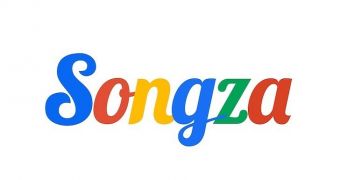Google has acquired Songza, the online streaming music service that’s completely free to use and recommends songs to users based on what it thinks they may want to listen to.
While Google has kept mum on how much it paid for Songza, rumors hint to anything between $15 million and $40 million (€11 million and €29 million), making it hard to pin the truth.
“We’re thrilled to announce that we’re becoming part of Google. We can’t think of a better company to join in our quest to provide the perfect soundtrack for everything you do. No immediate changes to Songza are planned, other than making it faster, smarter, and even more fun to use,” reads Songza’s announcement on the company’s page.
Google is surely going to find plenty of uses for a service such as Songza, since the playlists available on the site are based on people’s locations and the activity they’re currently engaged in. For instance, you’ll find playlists to fit your workout, your office hours and even help you start off your day.
It is quite likely that such features will be blended in tools such as Google Play Music or even YouTube, and most certainly in the subscription version of the latter, which is set to be launched by fall.
“They’ve built a great service which uses contextual expert-curated playlists to give you the right music at the right time. We aren't planning any immediate changes to Songza, so it will continue to work like usual for existing users. Over the coming months, we’ll explore ways to bring what you love about Songza to Google Play Music. We'll also look for opportunities to bring their great work to the music experience on YouTube and other Google products,” Google confirmed in a Google+ post.
Songza has been likened to several other music streaming services out there, but perhaps the comparison with Pandora is the most relevant, since both have an ad-supported business model.
The company’s expertise will likely come in handy for YouTube’s new paid-for service, because that could be a really nice feature to have around for those who decide to subscribe. Considering the lengths that YouTube is going to in order to make sure it convinces all record labels, major and indie alike, to agree to the proposed deal to have their music on the site, it’s clear that they’re pretty serious about going forward with the plans to build one of the strongest such services in the world.

 14 DAY TRIAL //
14 DAY TRIAL //